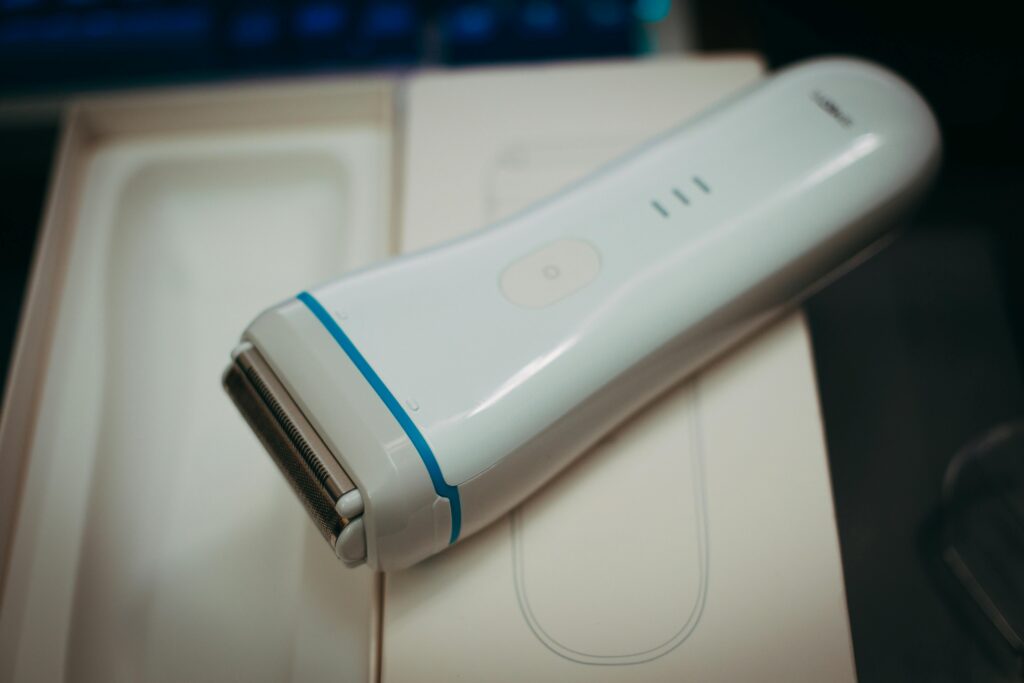Laser hair removal machines have revolutionized the beauty industry, offering a long-lasting solution to unwanted hair. This guide explores the science behind these machines, their functionality, and the factors that make them effective. Additionally, we’ll provide SEO tips to optimize your content for search engines.
The Science Behind Laser Hair Removal
What Is Laser Hair Removal?
Laser hair removal is a cosmetic procedure that uses concentrated light beams to target and destroy hair follicles. The laser emits light absorbed by the pigment (melanin) in the hair, converting it into heat. This heat damages the follicle, inhibiting future hair growth.
The Role of Melanin
Melanin, the pigment responsible for hair and skin color, plays a crucial role in laser hair removal. The laser targets melanin in the hair shaft, making the procedure most effective for individuals with dark hair and light skin.
Hair Growth Cycles
Hair grows in cycles: anagen (active growth), catagen (transition), and telogen (resting). Laser hair removal is most effective during the anagen phase when the hair is actively growing. Multiple sessions are required to target all hairs during their growth phase.
How Laser Hair Removal Machines Work
Types of Lasers Used
Different types of lasers are used in hair removal machines, each suited for specific skin and hair types:
Alexandrite Laser
Ideal for fair to medium skin tones, this laser operates at a wavelength of 755 nm, effectively targeting melanin in the hair.
Diode Laser
Suitable for a broader range of skin tones, the diode laser operates at wavelengths between 800-810 nm, offering deeper penetration.
Nd:YAG Laser
Designed for darker skin tones, this laser operates at a wavelength of 1064 nm, minimizing the risk of skin damage.
Mechanism of Action
Laser hair removal machines consist of several components:
Laser Source
The laser source generates concentrated light beams at specific wavelengths.
Cooling System
To ensure comfort and prevent skin damage, machines are equipped with cooling systems that cool the skin before, during, and after the laser pulse.
Handpiece
The handpiece delivers the laser energy to the targeted area, allowing precise application.
Treatment Process
Preparation: The skin is cleaned, and a cooling gel may be applied.
Laser Application: The handpiece is moved over the skin, emitting laser pulses.
Post-Treatment Care: Cooling systems or gels are used to soothe the skin.
Benefits and Limitations
Advantages
Long-Lasting Results: Reduces hair growth significantly over time.
Precision: Targets specific areas without affecting surrounding skin.
Speed: Treats large areas quickly.
Limitations
Skin and Hair Type Dependency: Less effective for light hair or dark skin.
Multiple Sessions: Requires several treatments for optimal results.
Cost: Professional treatments can be expensive.
Laser hair removal machines are a marvel of modern technology, offering a convenient and effective solution to unwanted hair. By understanding their functionality and optimizing content for SEO, you can create informative and engaging articles that resonate with your audience.
If you’re interested in laser hair removal topics, stay up-to-date at: bestlaserepilators.com

